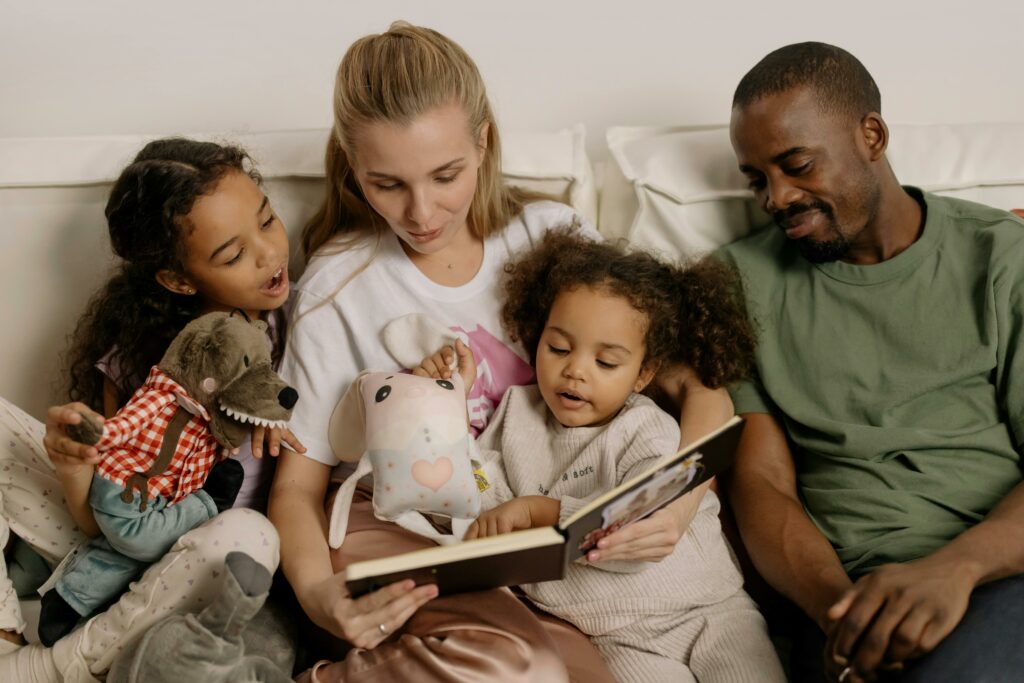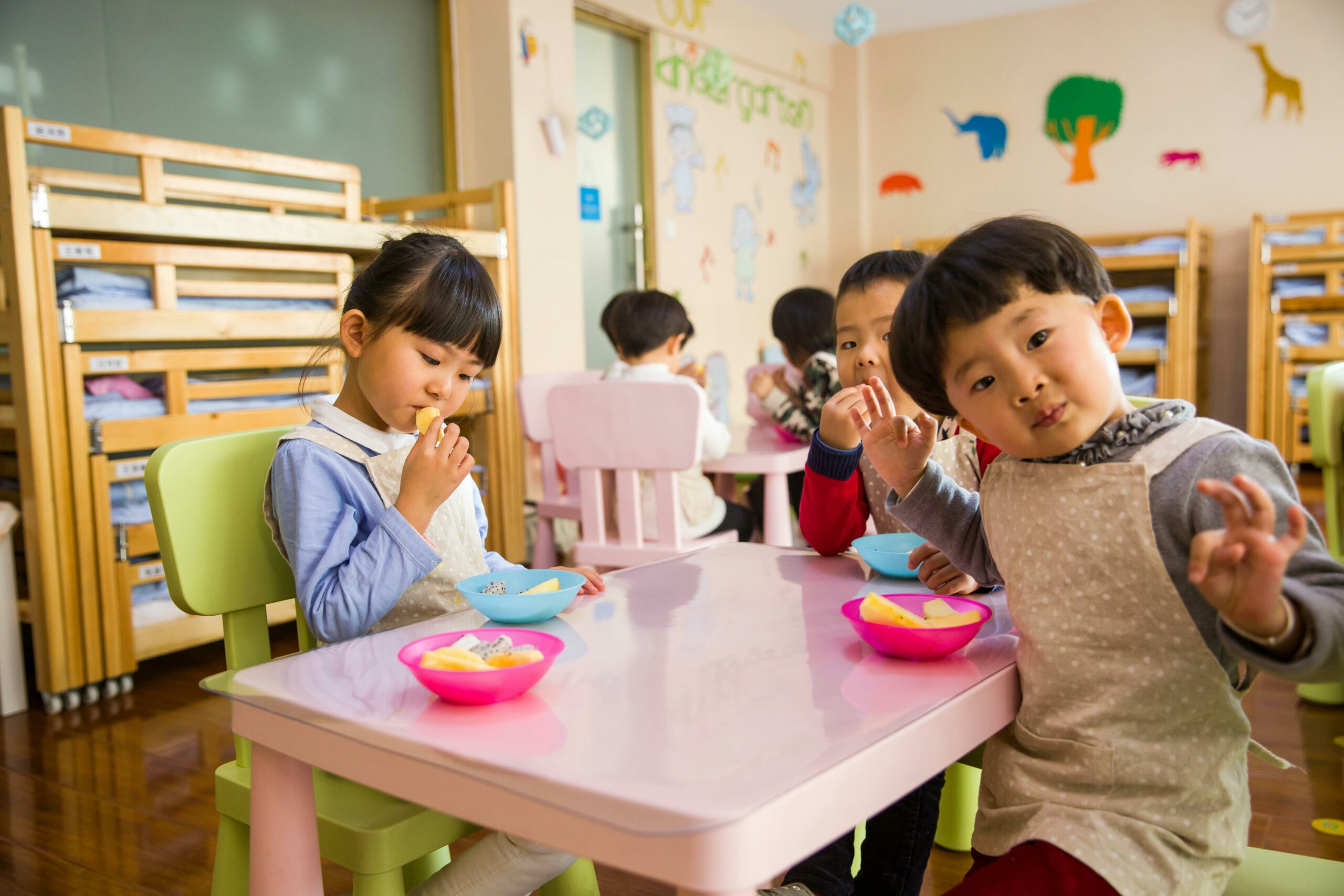
Academic Milestones are key academic skills that students need to develop at each grade.
The literacy milestones are critical literacy skills that build on each other and prepare students for achievement in the next grade and beyond.
These literacy milestones are based on California grade-level standards and apply to a child at any school.
(by Halloween)
Click on the name of the reading skill below each milestone to learn more and find activities and resources.
75+ from the Kindergarten list and 25 words from the 1st grade list
Include words with consonant blends like fl, sp, st, sm, gr, dr (ex. GRASS, STOP).
(by Valentine’s Day)
Click on the name of the reading skill below each milestone to learn more and find activities and resources.
Read & write words with final -e (ex. FINE, STONE ) and inflectional endings -s, -es, -ing, & -ed (ex. BOXES, TIMED ).
(by Summer Break)
Click on the name of the reading skill below each milestone to learn more and find activities and resources.
Say “box”. Change the /b/ sound to /f/. What’s the new word? “Fox.”
Look out for long vowel teams representing long vowel sounds like ay, ea, ie, ou, ue (ex. BAY, SPEAK ).

By the end of the school year (Spring), your child can independently provide reasons for an opinion outloud. They knows basic rules of grammar, for example, correctly using past and present tense, like "I did" vs. "I do." They will begin to be able to tell when sentences are missing something or don't make sense, and will notice when stories don't quite add up. talk about what they like and dislike, and why, when prompted. They use pronouns, like "I", "you", "we", and "they," and some plurals, like "cars", "dogs", "cats," and they are able to combine two or more thoughts into one spoken sentence.
Watch these videos to learn what first grade students should be able to do by the end of the year.
To watch videos with subtitles: Click the settings icon in the lower righthand corner, next click “subtitles,” and then “English.”
Watch these videos to learn what first grade students should be able to do by the end of the year.
To watch videos with subtitles: Click the settings icon in the lower righthand corner, next click “subtitles,” and then “Spanish.”
What is the main idea of this book?
Can you tell me 3 details about (topic)?
Who are the characters in this story?
Where does this story take place?
What happens first? What happens last?
Have your child tell you a story with at least two events. Then, have them write their story down.
Then have them write about it (ex: their favorite sport, if homework is good or bad, or what kind of pet is best).
Children with processing or intellectual disabilities may benefit from letters cut from sandpaper or written into whipped cream or rice for a more multi-sensory experience.
Free family play groups for children ages 0-5 at several locations across San Mateo County.
Information and resources for San Mateo County families.